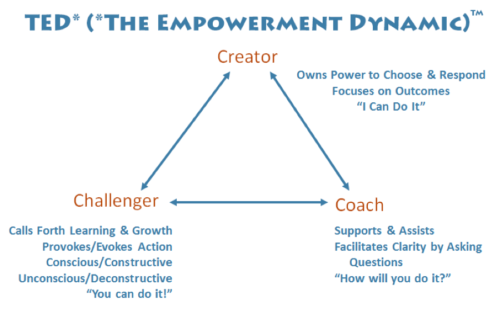Atlanta Divorce Law Group
1100 Spring Street NW
Suite 400 B
Atlanta, GA 30309
Atlanta Divorce Law Group
12735 Morris Rd Ext,
Building 200 Suite 300
Alpharetta, GA 30004
Atlanta Divorce Law Group
3355 Lenox Road,
Suite 750
Atlanta, GA 30326
Atlanta Divorce Law Group
533 Johnson Ferry Rd
Suite D-450
Marietta, GA 30068
Atlanta Divorce Law Group
593 Main St,
Suite B,
Suwanee, GA 30024
Atlanta Divorce Law Group
5755 North Point Pkwy
Suite 206
Alpharetta, GA 30022

